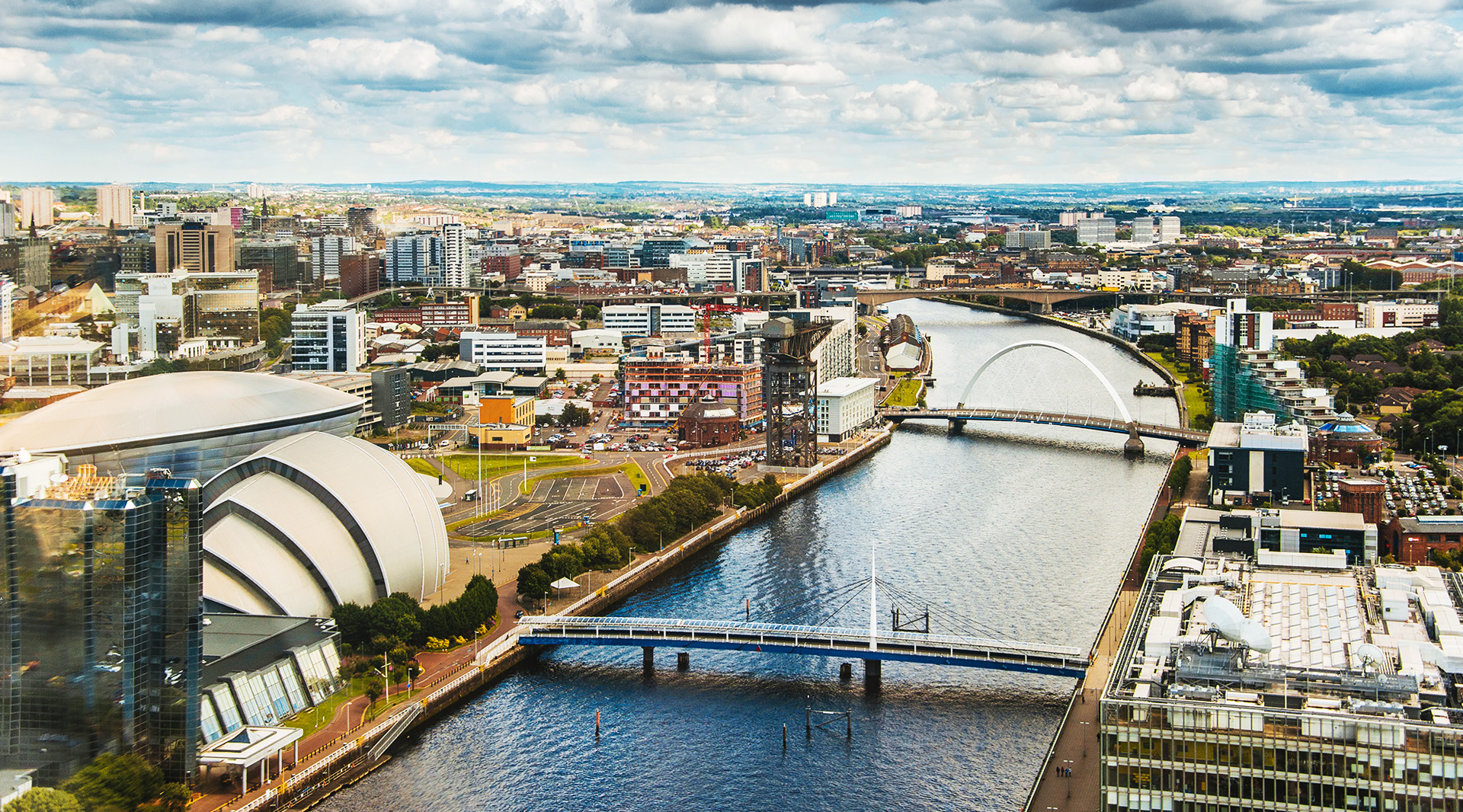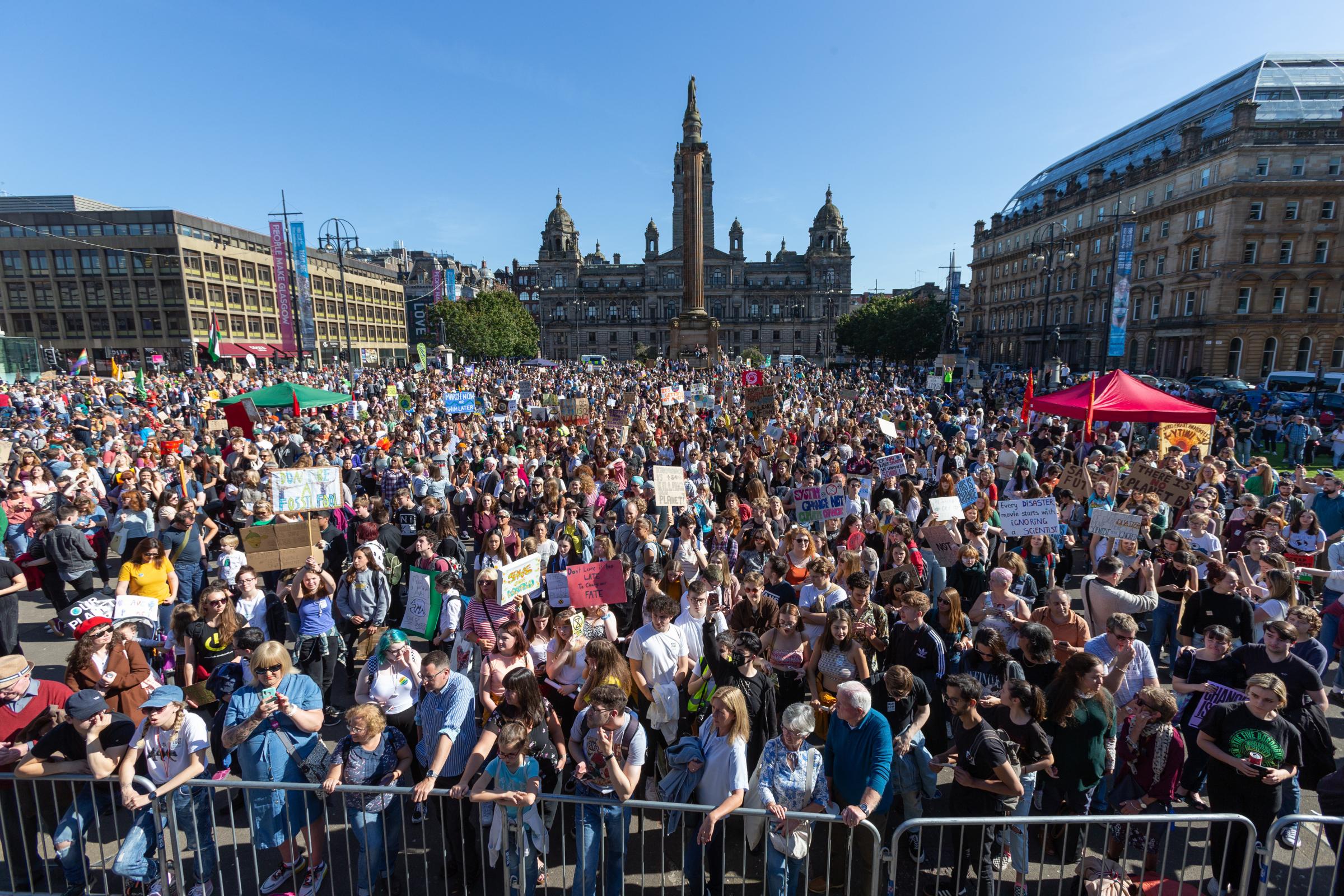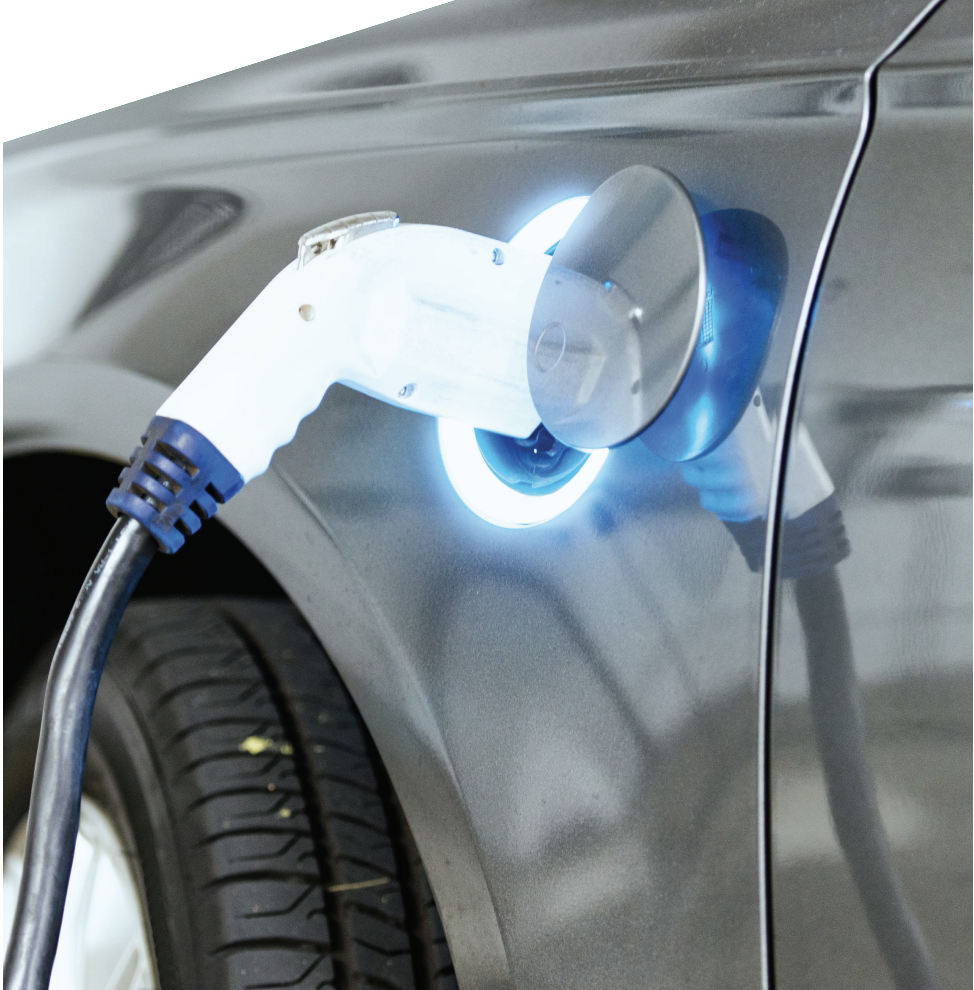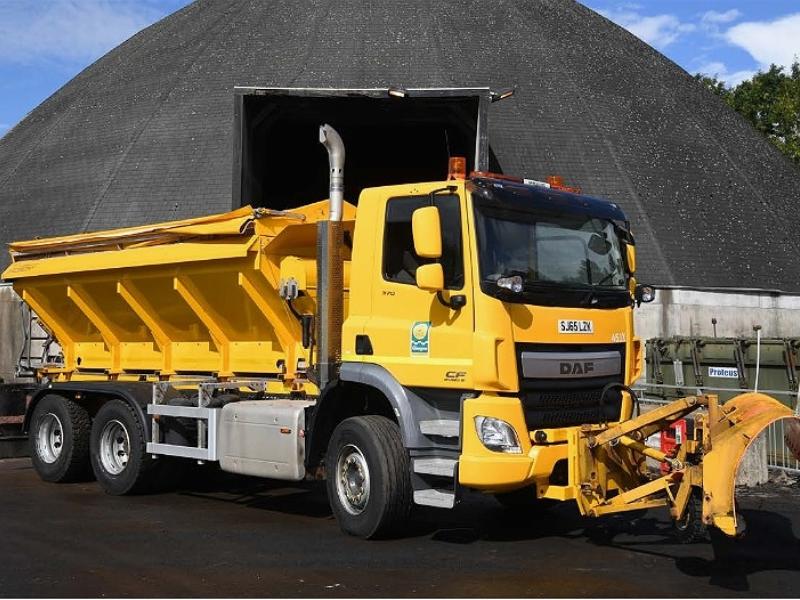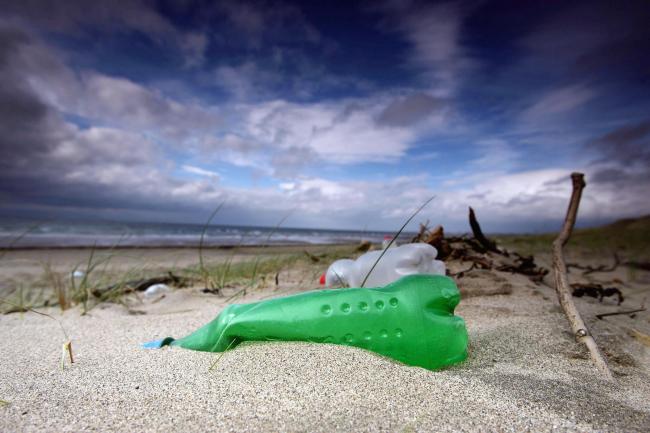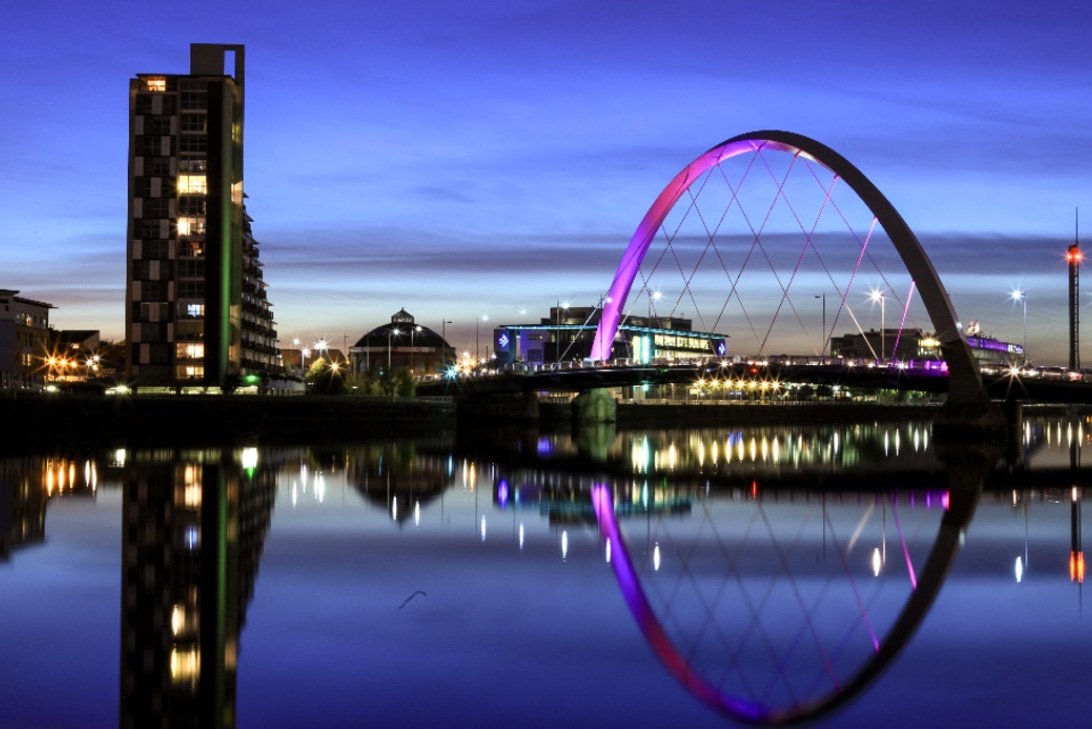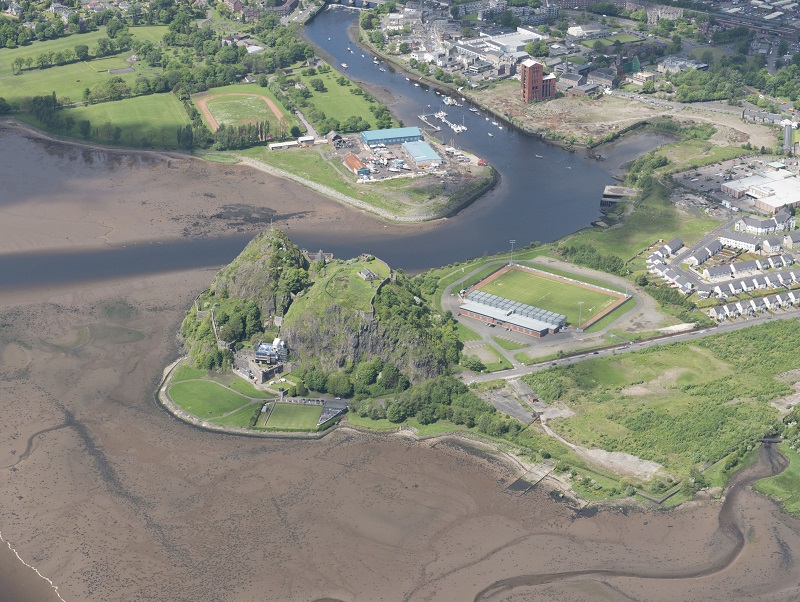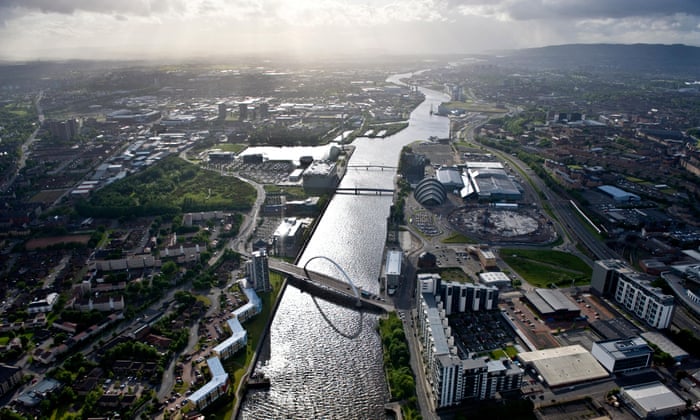
Glasgow
Emissions Reduction
Economic Growth
Emissions Reduction Target
EV Infrastructure
Emissions by Sector
Emissions Level and Reduction
Glasgow is undertaking widespread transformation to both adapt to and mitigate against climate change. Recently, Glasgow City Council declared a climate and ecological emergency and formed a working group that produced 61 recommendations on how the city could respond to the emergency. The city has committed to being carbon neutral by 2030, and having net-zero emissions by 2045.
Within these ambitions, there is a lot of focus on decarbonising transport by increasing the throughput of people travelling actively or using public transport instead of private vehicles. Glasgow is also addressing how it can decarbonise its built environment, particularly with regards to the use of heat in homes and businesses through provision of renewable heat and district heating. Additional ambitions include the significant increase of green space within the city, particularly the city centre, as well as using green space as a way to both generate energy and sequester carbon.
Progress to date has been successful, with the city meeting and exceeding its 30% reduction target five years ahead of schedule (achieved in 2015 against a target of 2020). A few district heating schemes haves been piloted in the city, to better understand the role district heating will play in reaching carbon neutrality. Recently, an aggressive plastics reduction strategy has been released, which positions Glasgow to be single-use plastic-free by 2022. Furthermore, the city is about to launch a Circular Economy Routemap, setting out how it can achieve economic circularity by 2045. Additional strategies under development include the use of vacant or derelict land for either renewable energy generation or local food growing.
Beyond the boundaries of the city administration, the Sustainable Glasgow partnership has been established, which brings together stakeholders from various sectors across the city that can bring about change and support the transition towards a low-carbon future, with a just transition being the fulcrum around which this transition is delivered.


